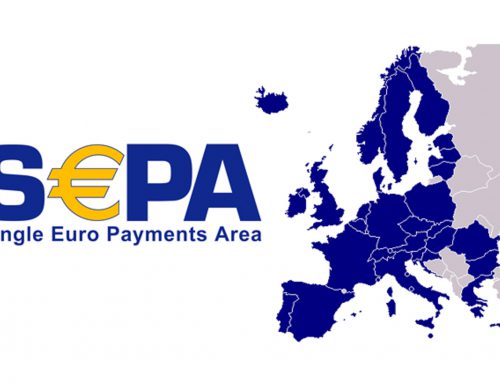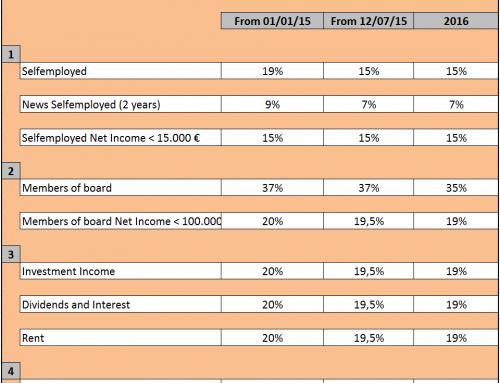The new Law on Voluntary Jurisdiction issued on July 3 allows that from July 2017 it will be possible to marry and divorce by notary.The said Voluntary Jurisdiction Act regulates those procedures in which there is no dispute, such as guardianship constitution, celebrating marriages, acts of reconciliation, affiliation, convocation of board meetings, etc …The main novelty of this law is to establish the distinction between:
- Voluntary jurisdiction cases, which continue to be treated legally.
- Notary and registry records, those before this law were also judicial.
The law has chosen to attribute a number of issues dealing with court judges, notaries and property registrars and Corporate Secretaries. Therefore, to the extent that this Act entrusts notaries and registrars of property and Mercantile certain files exclusively, it is expected that citizens have to go to them to obtain the right to legal aid. Thus situations of inability to exercise a right are prevented, which until now were free, for lack of means.Major developments of said law:MARRIAGES AND DIVORCESThe new regulation increases the options for the celebration of marriages. Along with religious and secular weddings held in municipalities and to the judges in charge of the Civil Registry, Court clerks and notaries may also officiate at marriages.Besides notaries and court clerks may authorize separation and divorce by mutual consent of the spouses without minor children (from July 2017).This Act shall take effect, in general from July 23, 2015, but several of its provisions will be made at a later date (October 2015 and July 2017).RECORDS OF VOLUNTARY JURISDICTIONThe judge will be the person who resolves the records relating to:
- Authorization of approval of the filiation outside wedlock.
- Authorization for the removal of organs from living donors.
- Adoption.
- Dispensation for marriage when there is willful impediment by blood or death of a spouse.
The law eliminates the course of emancipation by marriage. Until now there was a possibility of getting married at age 14, which meant the emancipation of the individual. Now age rises to 16.The clerk will resolve dossiers about:
- Appointment of judicial defenders.
- Statements of absences and deaths.
- Appointment of an administrator, liquidator or auditor of entities.
- Voluntary holding of electronic auctions.
RECORDS REGISTRYRegistrars of property and companies will take care of the registration records, which include the convening of general meeting of the company or the appointment of liquidators and auditors.NOTARIAL RECORDSThe files relating to the declaration of heirs when there is no will in favor of the relatives and notarization of handwritten wills, or given verbally become notarial records.In addition, the law provides that It is possible to make pecuniary claims recognized and not contradicted.








Leave A Comment